
Growing successfully with peat-free compost
2 Minute Read
Gardeners are switching over to peat-free compost and with an increasing number of peat-free options available, how can you make sure your plants and garden get the best care?Gardening with peat-free compost
Growing in peat-free compost is a rewarding experience; not only are you reducing the extraction of a valuable natural resource, but you can also grow plants as healthy and lush as you would with a peat-based compost.This growing season, we want to ensure that you receive the best results from your compost - and plants! We asked Fargro's Growing Media and Fertiliser Specialist, Sean Whitworth, to provide some expert advice on how to get the best results from peat-free compost!
Sean is a technical specialist working at our parent company Fargro. He has a vast customer base of professional growers up and down the country all using peat-free compost to grow their plants. With Sean being an expert in the field, we wanted to find out some of his top tips how to successfully grow plants using peat-free compost.
Water the root zone thoroughly
This is essential for any shop bought bedding and border plants. After planting out into your peat-free compost, ensure to water the root zone for the first seven days to give the root system a chance to establish in the new position.
Use a feed
Water when required and apply a plant feed at the recommended rate as per the manufacturers application instructions. Most peat-free composts require more regular watering and feeding at certain intervals, different types of peat-free compost, depending on the constitution of the mix, will require feeding at different intervals. All of our peat-free composts have instructions on the back of the packaging to advise on this.
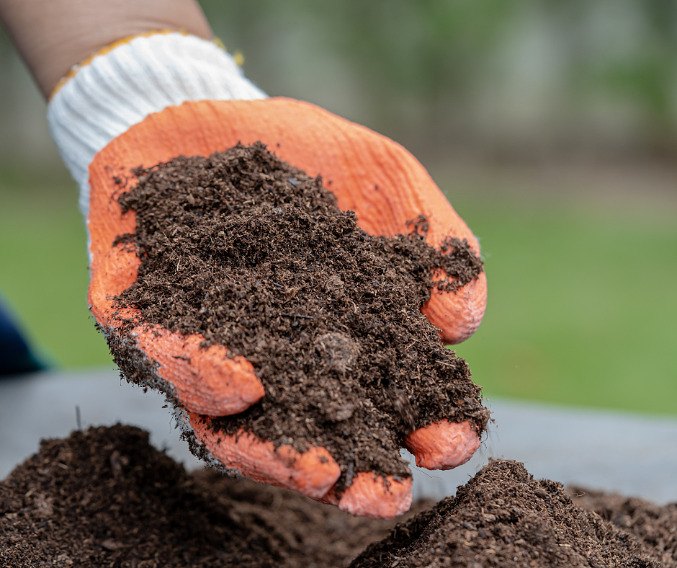
Don’t overwater and overfeed
While we all know it is vitally important to feed and water your plants, you don't want to overdo it.
Over-feeding and over-watering can negatively affect growth and potentially lead to pests and diseases, something which is easily preventable by monitoring your plants and compost regularly.
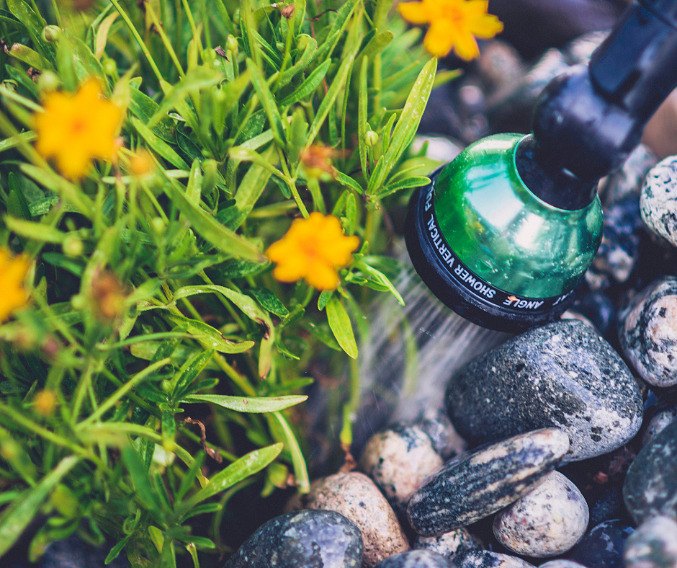
Embrace peat-free
Do not be afraid of peat-free compost. Some gardeners will notice that peat-free compost requires more care and attention compared to traditional peat-based compost. However, with only a few small adjustments, gardening with peat-free compost can be a breeze!
What is peat-free compost made from?
Peat-free compost contains a mixture of organic materials, including composted bark, coir, wool, wood fibres and green compost. Peat-free compost also contains a mixture of inorganic materials such as horticultural sand, perlite and or vermiculite. A mix of both coarse and fine particles is an essential step to ensuring to healthy root development within plants, when combined these ingredients provide the right balance of both water and air.Materials found in peat-free compost
Wood: the majority of peat-free composts contain wood based materials such as woodfibre, composted bark, sawdust and wood waste.
Coir: Is a by product of the coconut industry. The pith that is used in growing media is found amongst the long fibres of the husk. The coir is imported to the UK in 5kg blocks that is reconstituted using water. It has fantastic water and air holding abilities, making it a great ingredient to peat-free compost.
Green compost: usually has a high nutrient content as well as a high pH, making it a great choice for top soils and mulches. Green compost is mixed with other materials to create the right balance of nutrients.
Wool: adds vital organic matter to the soil and helps with nutrient release and water retention. Wool is also a source of slow-release nitrogen and trace elements and is a sustainable and and renewable alternative to peat.
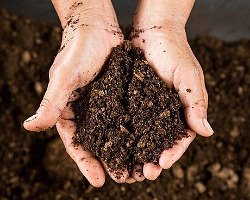
Peat vs. Peat-Free
Find out more about why peat-free compost is important and the differences between traditional peat based and peat-free composts.READ MORE
Best selling peat-free composts
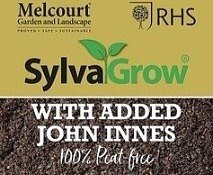
Sylvagrow All Purpose Peat Free
Melcourt Sylvagrow All Purpose Peat Free Growing Medium with added John Innes has no peat or green waste compost. Use it throughout the garden in pots or garden beds and in vegetable grow bags.BUY NOW
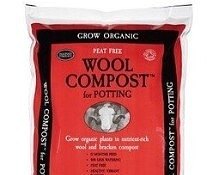
Dalefoot Wool Compost
Dalefoot Wool Compost is a potting compost that has only natural components. Wool composts are naturally organic and have excellent water retention properties so that less watering is required.BUY NOW
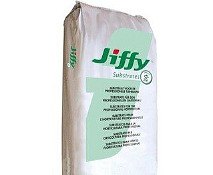
Jiffy Peat-Free General Mix
This premium peat-free mix is made from a combination of coco products, wood fibres, pine bark, minerals, compost, and clays, to provide optimal air-filled porosity, drainage, and stability.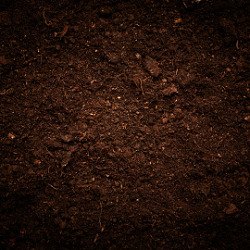
Shop all peat-free compost
We stock many of the leading names in compost to ensure you have access to all of the peat-free options available.Comments (0)
Why not be the first to send us your thoughts?
